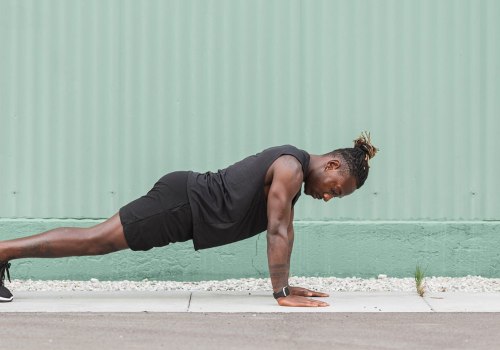For example, exercise three times a week instead of exercising more. These goals may seem simple, but they can still represent significant change and a major commitment to health and fitness. The objectives can be based on different areas of fitness, such as routine, commitment, strength, a setback or a plateau in training, flexibility or cardiovascular exercise, to name a few. Now is the time to set your goals, whether they are immediate, short-term or long-term goals, set goals that are true and authentic to you.
Set goals that you think you can achieve and then modify them as you better understand what you're capable of doing, Kollins Ezekh, certified personal trainer, group fitness expert and programming director of Mayweather Boxing + Fitness, explains to SELF. The problem is that, during this time of year, it's easy to get carried away by the avalanche of New Year's resolutions and set goals that are too lofty, unsustainable and, otherwise, unrealistic. At Fit Club NY, for example, Scantlebury will ask customers about several factors that influence their lifestyle, including their history of physical activity (for example, once you've decided on your health and fitness goal, you'll need to consider how you'll achieve that goal). Consult your doctor before making any changes to your diet, sleep methods, daily activity, or exercise routine.
While there's nothing wrong with taking inspiration from trainers, exercise trends, or the fitness community, no one should dictate your fitness goal but you. You can always set an immediate goal to address now and then set short-term and long-term goals at a later date. Setting fitness goals for the first time can be overwhelming, but if you manage to set your goals correctly, it can help boost your progress toward creating and maintaining healthy habits. Many people find that having a goal in mind gives them something to work for, motivates them to stay on track, and provides a measure of how well they're doing.
However, figuring out how to set fitness goals that you'll actually want to achieve can be part art and part science. An example of a short-term goal could be to complete all the workouts in the first 12 weeks of a new fitness program or achieve a greater number of repetitions during Chontel's FEROZ AMRAP sessions.








